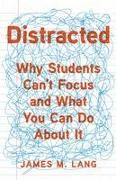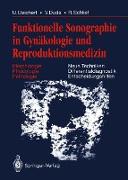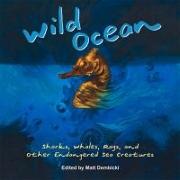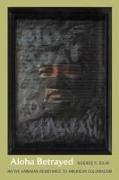- Start
- Distracted
Distracted
Angebote / Angebote:
A decade ago, James Lang banned cell phones in his classroom. Frustrated by how easily they could sidetrack his students, Lang sought out a distraction-free environment, hoping it would help his students pay attention to his lessons. But after just a few years, Lang gave in. Not only was his no-cellphones policy ineffective (even his best students ignored it), he realized that he, like many of his fellow teachers, was missing an important point. The problem isn't phones. It's our antiquated notions of the brain. In Distracted, Lang makes the case for a new way of thinking about how to teach young minds based on the emerging neuroscience of attention.Although we have long prized the ability to focus, the most natural way of thinking is distraction. Our brains are designed to continually scan our environment, looking for new information, occasionally wandering off in different directions in search of new insights. This is not to say that iPhones are not good at distracting us, but that what they represent is in principle nothing new, because sustained periods of intense focus are not what humans are good at. Of course, we still do need to pay attention to learn. The problem is that we think of learning as a matter of managing distraction, when we should instead think of it as actively cultivating attention. This starts with letting go of technology bans, which are little more than a fig leaf applied to the objective difficulty of paying attention. But it involves more active ways of rethinking classroom conventions too. For example, rather than structuring lessons as 45 or 60-minute blocks of lecturing, teachers could segment their classes into a series of smaller lessons, with regular shifts in focus, appealing to the brain's interest in novelty. Simple changes can drastically improve students' performance, and in Distracted, Lang takes readers on a sprawling tour of how some of America's best teachers are improving student performance using concepts such as modular classrooms, flow states, and student-directed learning. Together, these insights offer a new way of thinking about how to not only more effectively teach a lesson plan, but to teach students the most important lesson of all: how to learn.
Folgt in ca. 15 Arbeitstagen




